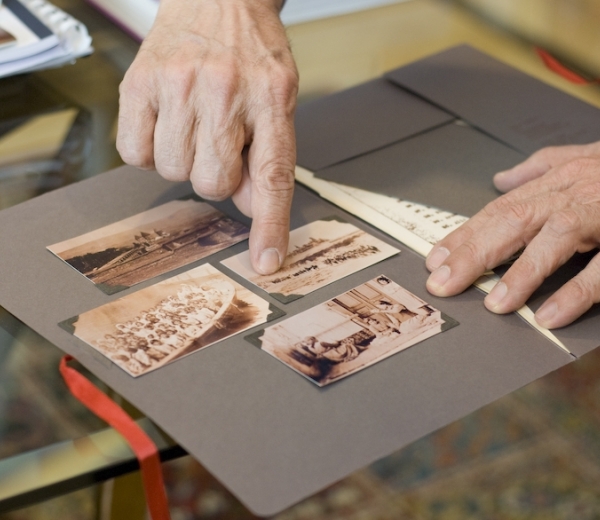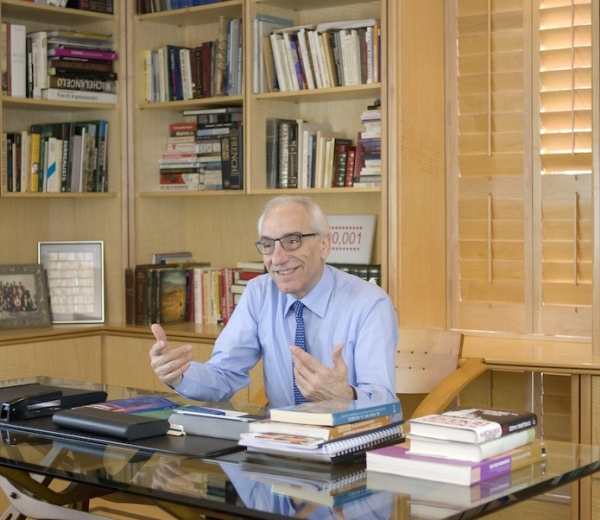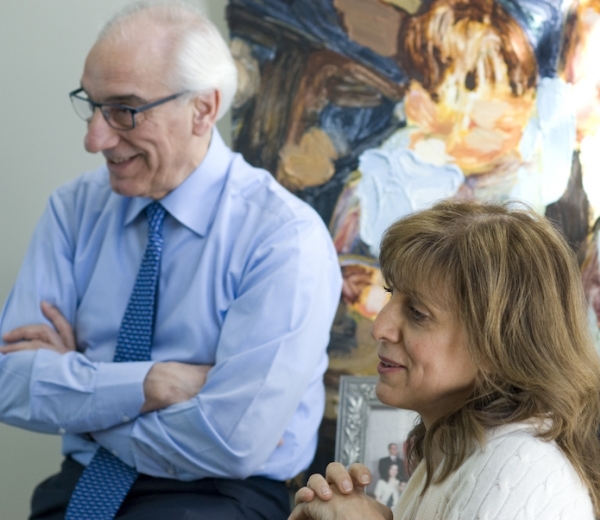Greg Sarkissian
It's a maxim as clear as the winter sun streaming through the window of his Toronto office. It has served him and the people of Armenia well. One day soon, he hopes it will do the same for the people of Turkey.
Sarkissian is co-founder of one of the foremost international centres devoted to the research of Genocide, notably the Armenian Genocide. Through the Toronto-based Zoryan Institute, established in 1982, he has gathered the largest collection of oral history of the survivors of the Armenian Genocide. The institute has also published 40 books based on original Turkish and German sources.
“I want to use scholarly research to show the world what happened"
"And to enable Armenians and Turks to come to terms with the past through shared history and to reconcile."
Sarkissian’s life and outlook changed dramatically in 1967 when he left his birthplace of Beirut for the first time to study in America. He realised that while Americans could trace their roots back to the War of Independence, “I didn’t even know the name of my father’s father or mother. Although Armenian was the language spoken at home, my ancestors had lived, for over a thousand years, in Cilicia the South Eastern part of today’s Turkey. It made me think who am I? How did I become who I am?”

“I thought this was the perfect place to tell the people about humanity"

"When somebody puts their life at risk to save another, we should celebrate them.”

